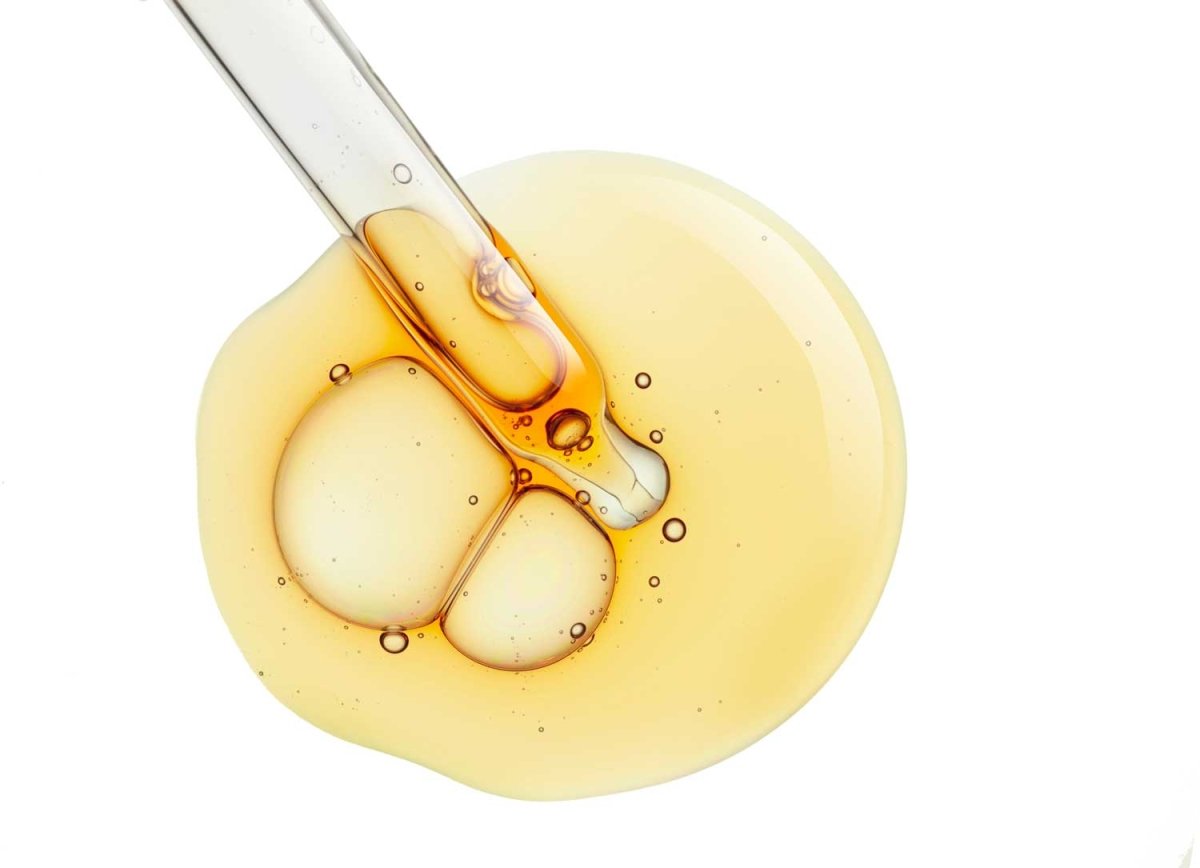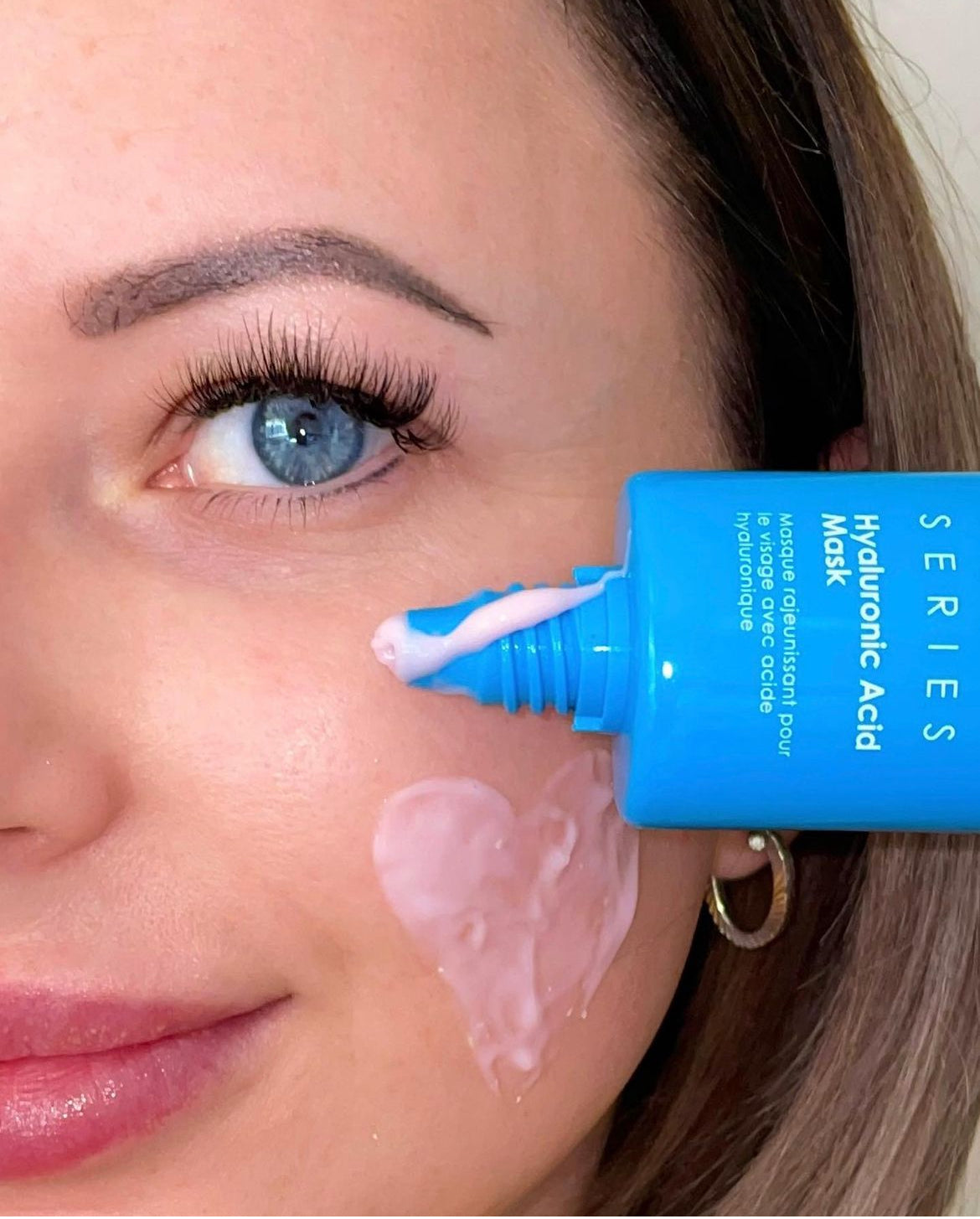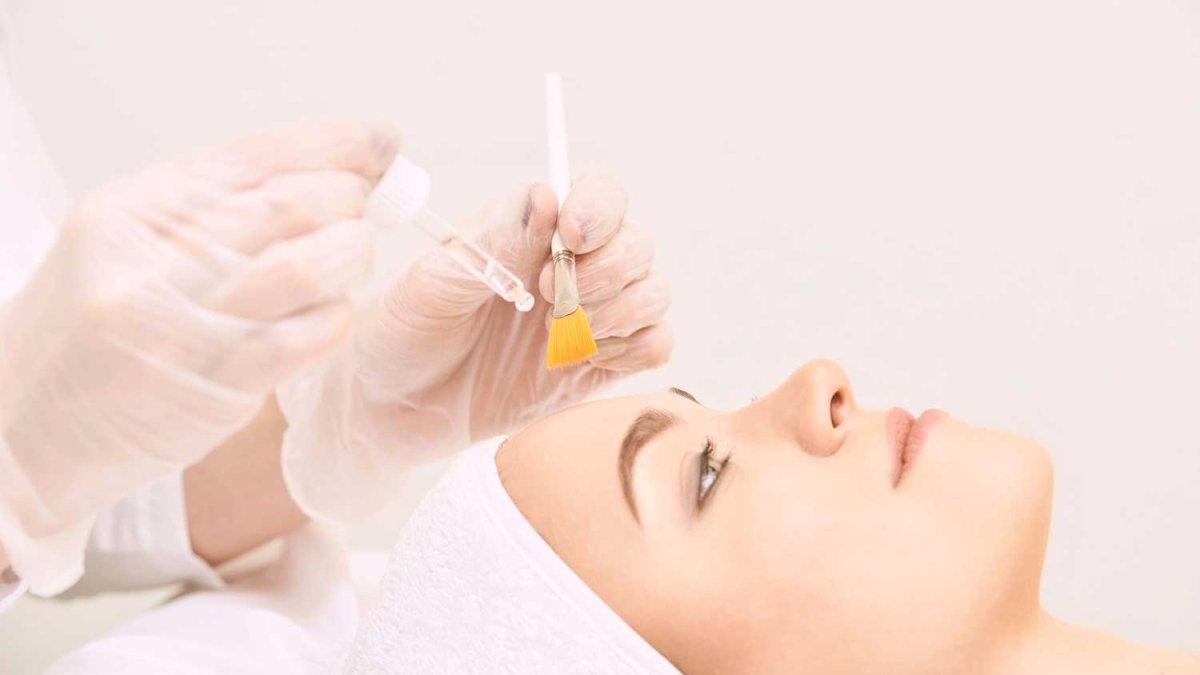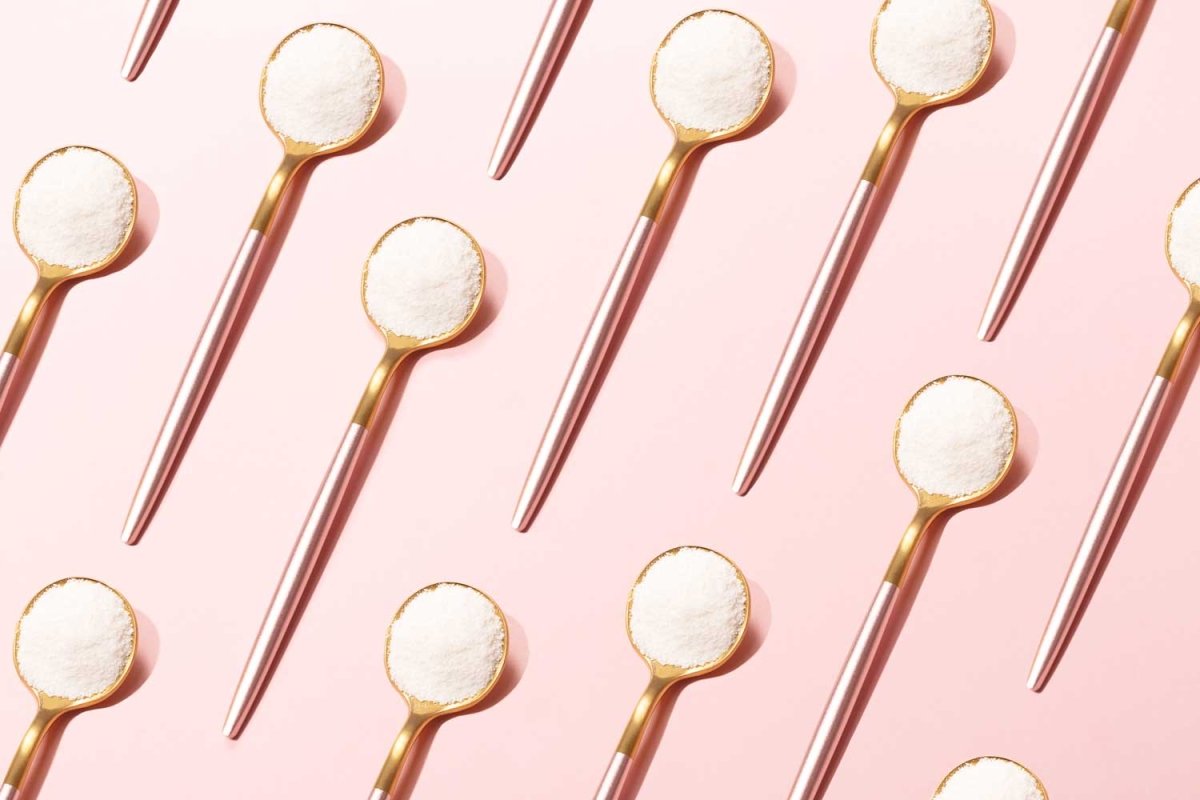
Your Retinol Questions Answered
Welcome to the final post in our retinol series. Below I have answered some of your questions regarding retinol. If you have a question which you would like answered, please drop us a message at our social pages or email us directly at helpdesk@skinchemists.com
When should I start using retinol?
The rule of thumb is to begin using retinol when collagen production begins to slow down, which is around 30, however there are exceptions. If retinol is recommended to tackle an acne problem, it is recommended to continue using retinol after the acne has cleared.
How do I introduce retinol to my skincare routine?
The important thing to remember when introducing retinol into your routine is that the results do not begin to show for a few months. The process requires commitment and getting off to a good start is ensured by taking things slowly. Begin with a very small amount, apply it for one night and then wait for a few days to ensure that you don't get a reaction. If you find your skin reacts to the retinol by going red / flaky, then apply your Retinol after moisturising to reduce its absorption. Start with applying Retinol once or twice per week and gradually build it up to every other day.
When should I apply retinol?
Retinol is best applied at night, especially to begin with. This is because retinol increases UV sensitivity in skin. Always apply SPF 50 to your face in the morning when using retinol.
Why does some skin react to retinol?
Usually, our skin reacts to Retinol not because of our skin type but because of how and when we apply retinol. To avoid any reactions, don't overuse retinol (one application per day is sufficient), don't use too much, and don't mix it with other harsh ingredients like exfoliators or acne treatments.
What should I do if my skin has a bad reaction to retinol?
Usually, reactions to retinol aren't difficult to manage and most commonly manifest in dryness and irritation. In fact, a mild reaction is common as your skin adjusts to it. If you experience irritation, stop using retinol and other skincare products with active ingredients, except for sunscreen. Pare back your routine to a gentle cleanser and basic moisturiser with no harsh ingredients or fragrances. Once the irritation has resolved, you can begin using retinol again, using it after moisturising at night and less frequently but regularly in order to improve tolerability.
Next Week
As we now depart from the subject of Retinol, next week we will delve into the world of Collagen and discover what it is and why it's important. You won't want to miss it!
Warmth,
Michael.
Editor at skinChemists.



